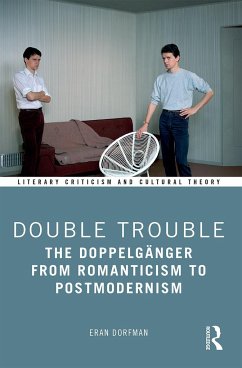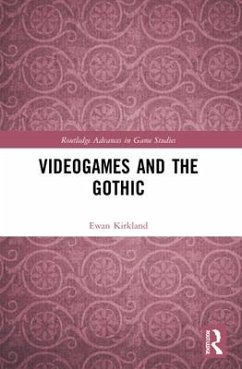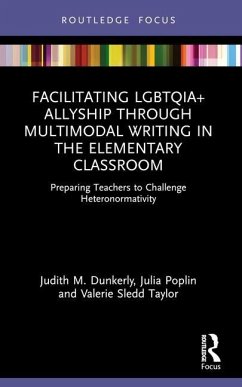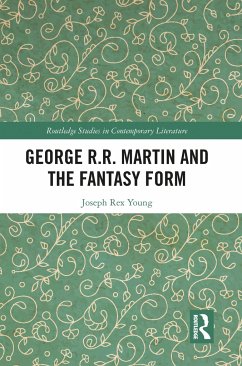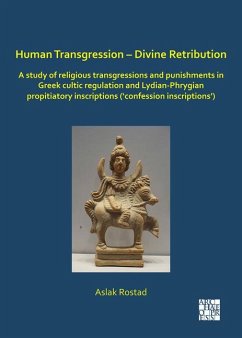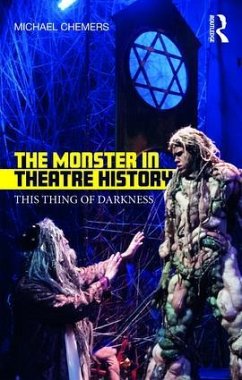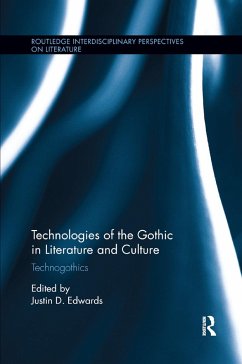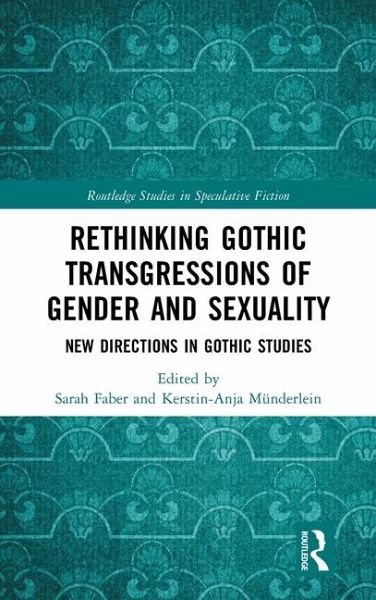
Rethinking Gothic Transgressions of Gender and Sexuality
New Directions in Gothic Studies
Herausgegeben: Faber, Sarah; Münderlein, Kerstin-Anja
Versandkostenfrei!
Versandfertig in 6-10 Tagen
160,99 €
inkl. MwSt.

PAYBACK Punkte
80 °P sammeln!
From early examples of queer representation in mainstream media to present-day dissolutions of the human-nature boundary, the Gothic is always concerned with delineating and transgressing the norms that regulate society and speak to our collective fears and anxieties.This volume examines British and American Gothic texts from four centuries and diverse media - including novels, films, podcasts, and games - in case studies which outline the central relationship between the Gothic and transgression, particularly gender(ed) and sexual transgression. This relationship is both crucial and constantl...
From early examples of queer representation in mainstream media to present-day dissolutions of the human-nature boundary, the Gothic is always concerned with delineating and transgressing the norms that regulate society and speak to our collective fears and anxieties.
This volume examines British and American Gothic texts from four centuries and diverse media - including novels, films, podcasts, and games - in case studies which outline the central relationship between the Gothic and transgression, particularly gender(ed) and sexual transgression. This relationship is both crucial and constantly shifting, ever in the process of renegotiation, as transgression defines the Gothic and society redefines transgression. The case studies draw on a combination of well-studied and under-studied texts in order to arrive at a more comprehensive picture of transgression in the Gothic.
Pointing the way forward in Gothic Studies, this original and nuanced combination of gendered, Ecogothic, queer, and media critical approaches addresses established and new scholars of the Gothic alike.
This volume examines British and American Gothic texts from four centuries and diverse media - including novels, films, podcasts, and games - in case studies which outline the central relationship between the Gothic and transgression, particularly gender(ed) and sexual transgression. This relationship is both crucial and constantly shifting, ever in the process of renegotiation, as transgression defines the Gothic and society redefines transgression. The case studies draw on a combination of well-studied and under-studied texts in order to arrive at a more comprehensive picture of transgression in the Gothic.
Pointing the way forward in Gothic Studies, this original and nuanced combination of gendered, Ecogothic, queer, and media critical approaches addresses established and new scholars of the Gothic alike.





